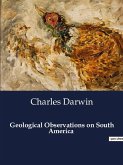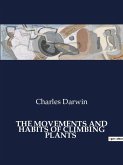When I had read Charles Darwin's book 'On the Origin of Species,' it seemed to me that there was one mode, and that perhaps the most certain, of testing the correctness of the views developed in it, namely, to attempt apply them as specially as possible to some particular group of animals. such an attempt to establish a genealogical tree, whether for the families of a class, the genera of a large family, or for the species of an extensive genus, and to produce pictures as complete and intelligible as possible of the common ancestors of the various smaller and larger circles, might furnish a result in three different ways. 1. In the first place, Darwin's suppositions when thus applied might lead to irreconcilable and contradictory conclusions, from which the erroneousness of the suppositions might be inferred. If Darwin's opinions are false, it was to be expected that contradictions would accompany their detailed application at every step, and that these, by their cumulative force, would entirely destroy the suppositions from which they proceeded, even though the deductions derived from each particular case might possess little of the unconditional nature of mathematical proof.








